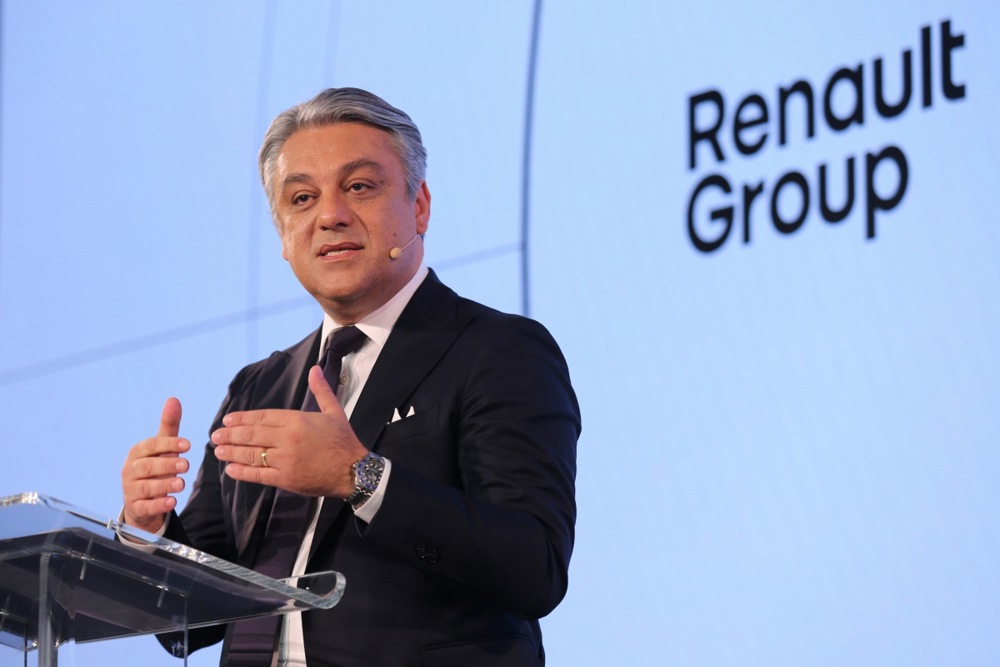European car sales have continued to decline with the major markets in the European Union being hit hard, including a noticeable drop in electric vehicle sales.
European regulations and inaction are seen by car makers as part of the problem.
The latest figures from the European Automobile Manufacturers’ Association (ACEA), published on September 19, show that new car sales in the EU have hit the lowest level in three years.
In a press release accompanying the data, the ACEA board targeted the EU and European Commission.
“A continuous trend of shrinking market share for battery electric cars in the EU sends an extremely worrying signal to industry and policymakers,” it noted.
“European auto manufacturers … call on the EU institutions to come forward with urgent relief measures before new CO2 targets for cars and vans come into effect in 2025.
“Additionally, we urge the European Commission to bring forward the CO2 regulation reviews for light-duty and heavy-duty vehicles, currently scheduled for 2026 and 2027 respectively, to 2025.”
The carmakers noted that billions had been invested in electrification in line with the Paris Agreement and the EU’s 2050 transport decarbonisation targets but added that “other necessary elements for this systemic shift are not in place”.
“An aggravating factor is the rapid erosion of the EU’s competitiveness, as confirmed in the Draghi report.
“We are missing crucial conditions to reach the necessary boost in production and adoption of zero-emission vehicles.”
The group added that “charging and hydrogen refilling infrastructure, as well as a competitive manufacturing environment, affordable ‘green’ energy, purchase and tax incentives, and a secure supply of raw materials, hydrogen and batteries” were required.
“Economic growth, consumer acceptance, and trust in infrastructure have not developed sufficiently either,” it said.
According to the board of ACEA, that could lead to the 2025 CO2 emission reduction targets for cars and vans not being met.
“The current rules do not account for the profound shift in the geopolitical and economic climate over the past years and the law’s inherent inability to adjust for real-world developments further erodes the competitiveness of the sector.”
The board pointed to the multi-billion-euro fines they said they risked at the same as fierce competition from other regions, for example China, was increasing.
Luca de Meo, head of the Renault group, has said he fears European car manufacturers will suffer under stricter emissions rules for new cars imposed by the European Commission. https://t.co/7ZaV5zeO64
— Brussels Signal (@brusselssignal) September 10, 2024
The ACEA demanded “urgent action to prevent further decline, restore EU industry competitiveness and reduce strategic vulnerabilities”.
“The industry cannot afford to wait for the review of the CO2 regulations in 2026 and 2027,” it stated.
In August 2024, new EU car registrations saw a sharp decrease (down by 18.3 per cent) with negative results across the region’s four major markets: Double-digit losses were witnessed in Germany (27.8 per cent), France (24.3 per cent), and Italy (13.4 per cent), with the Spanish market declining by 6.5 per cent, ACEA said.
Sales of fully electric vehicles fell 43.9 per cent in August, with the EU’s largest EV markets Germany and France experiencing reductions of 68.8 per cent and 33.1 per cent, respectively, according to the association.
In August, battery-electric cars accounted for 14.4 per cent of the EU car market, down from 21 per cent the previous year.
That represented the fourth consecutive month of decline this year, contrasting sharply with the almost consistent month-on-month increases last year. Plug-in hybrid car registrations were also marked by a fall of 22.3 per cent.
Registrations of plug-in electric vehicles fell 22.3 per cent in the 27-member EU, where car sales are still around 18 per cent lower than pre-pandemic levels in 2019.
The only positive news regarded hybrid-electric vehicles, as only these types of cars saw sales growth. There were gains in Spain, France and Italy.
The hybrid-electric market share reached 31.3 per cent, up from 24 per cent in August 2023.

A report from financial and economic analysts ING in August showed the situation in China was considerably rosier where EVs were expected to make up “no less than 40 per cent of total new car sales in 2024”.
“As such, Chinese EV sales are approaching 10 million on an annual basis, making up almost 60% of global sales and leaving a gap with the rest of the world,” it said.
China upscaled its supply chains for EVs, including battery production, and created excess capacity.
In the West, car sales suffered despite price cuts and ongoing technological improvements, leading to caution among leasing and rental companies and higher monthly terms, with higher interest rates topping adding to their woes.
Drivers of new EVs are increasingly dependent on more expensive public charging and infrastructure has not kept up with electrification in many countries, ING noted.
EVs are still relatively expensive and governments are winding down subsidy programmes, further slowing down sales.
“Electric cars produced in the West are generally less profitable for manufacturers as competition has mounted and supply chains continue to rely on China,” ING said.
“This holds back a rapid introduction of more affordable smaller cars consumers are waiting for. Imposing tariffs on Chinese cars doesn’t help the energy transition as incumbent manufacturers are less urged to introduce new EV models.”
? BREAKING ?
? ? European car sales figures for August are fresh off the press!
Battery-electric vehicle (BEV) registrations decreased by 43.9% in August, with the market share falling by almost a third. Plug-in hybrid registrations also declined, dropping 22.3%.
New EU… pic.twitter.com/nxUV0mLoeg
— ACEA (@ACEA_auto) September 19, 2024





